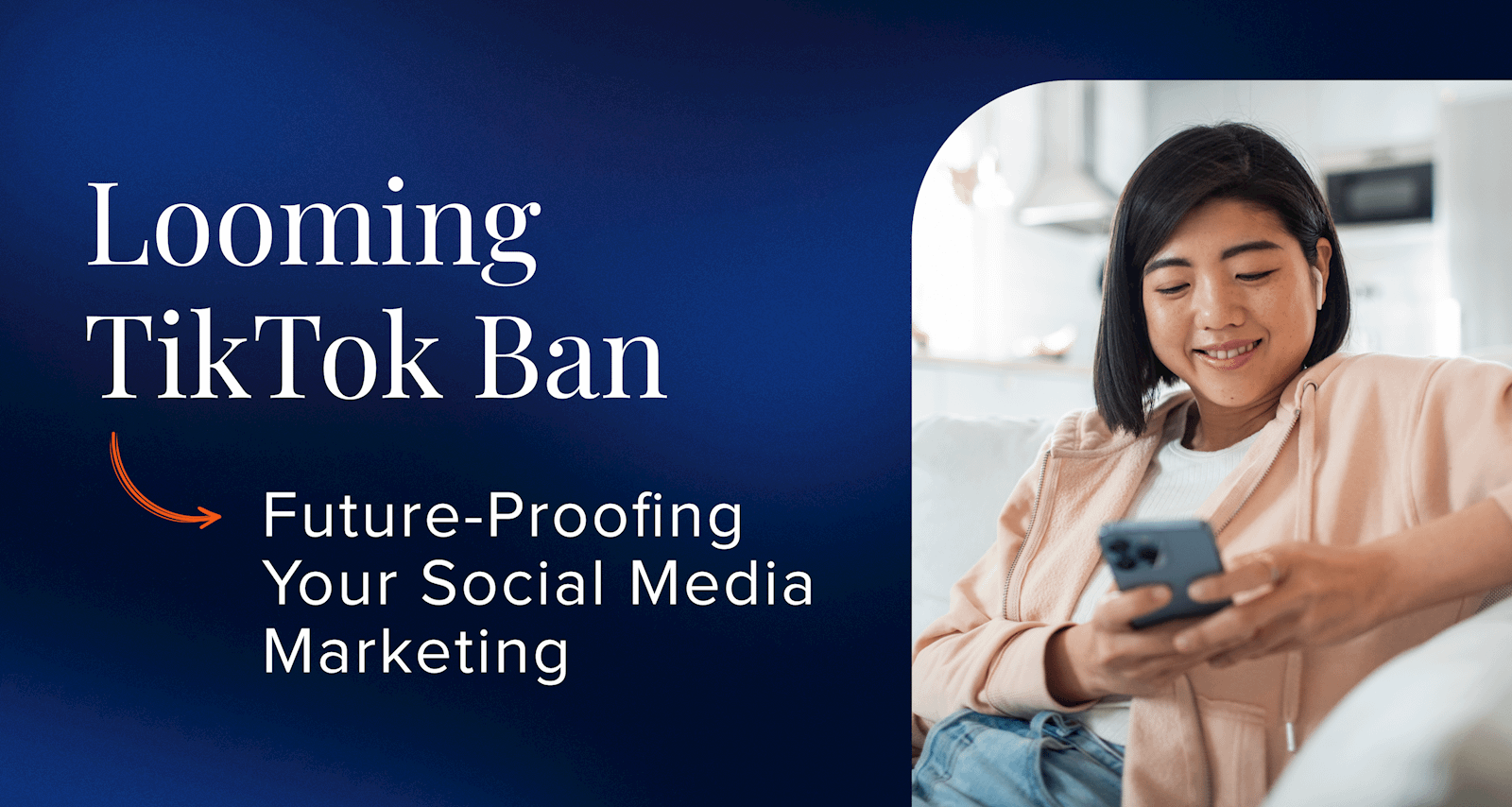The TikTok Ban: What Now?
Published by Spinutech on December 6, 2024

Back in April, citing data privacy and national security concerns, President Joe Biden signed into law a bill that mandated TikTok’s Chinese parent company, ByteDance, sell the social media platform to a non-Chinese owner within approximately nine months. If ByteDance fails to comply, TikTok would be banned from U.S. app stores and hosting services effective January 19, 2025.
Since then, TikTok has challenged the constitutionality of the legislation by filing a federal lawsuit arguing that it infringes on their First Amendment rights. But the U.S. Court of Appeals for the D.C. Circuit upheld the ban.
Complicating matters is that a new administration will take office in January. During his first term, President Donald Trump attempted to ban TikTok with an executive order that was ultimately struck down in court. But in the lead-up to the 2024 presidential election, the president-elect expressed a desire to “save TikTok in America.”
As we all wait to see how this plays out ahead of the January deadline, we have clients asking us what this means in regards to their ongoing marketing efforts on TikTok.
If you have the same question, we’re happy to give you our answer.
For Now, TikTok Marketing is Business as Usual
TikTok's short-form video content has been a game-changer in the social media space, offering brands a unique platform to engage with audiences in creative and authentic ways. The looming ban has done nothing to dull the platform’s power as a marketing tool.
That is why brands should continue their marketing efforts on TikTok — which more and more brands are leaning into for lead generation — for the time being.
TikTok’s algorithm, which promotes content based on user behavior rather than follower count, offers brands an unmatched opportunity for organic reach and engagement. Until a ban is officially in place, maintaining a presence on TikTok ensures that your brand can continue to capitalize on those benefits and remain connected and engaged with your audience.
Looking Ahead, Vertical Video is the Present and Future
Regardless of TikTok's future, vertical video isn’t going anywhere.
Platforms like Meta, X (formerly Twitter), YouTube, Spotify, and even Reddit have embraced vertical video formats, seeking to leverage their popularity among users. YouTube Shorts is a great example of a TikTok rival carving out a corner of the short-form vertical video space.
Investing in vertical video content not only future-proofs your brand against a potential shift away from TikTok but also enhances your presence across multiple platforms. Short-form video’s ability to capture attention and engage users makes it an invaluable asset in any social media strategy.
Ban or No Ban, Be Sure Your Social Media Strategy is Adaptable
If anything, the potential ban of TikTok underscores the importance of diversification in your social media strategy, especially as more of today’s consumers look to social media platforms as their new search engines. You should be focusing on creating versatile content that can be repurposed across various platforms. By doing so, you’re ensuring that your marketing remains effective and adaptable, regardless of changes in the social media landscape.
If you’re looking for strategy advice ahead of this uncertain future, let’s chat.